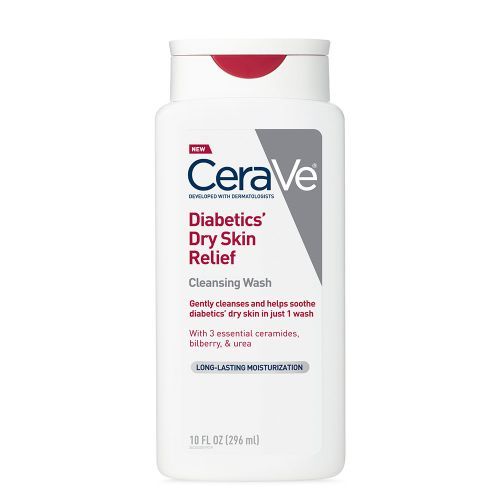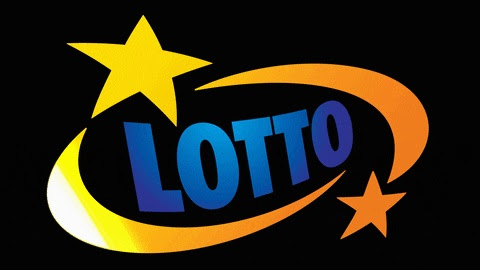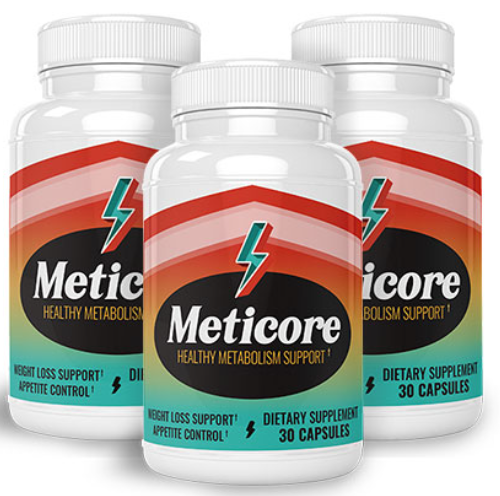What if you need a loan for your business but have no collateral to offer as a security? Can you still get financing? The answer is generally yes.
Banks usually need some kind of guarantee in case you can’t pay back your loan. This generally comes in the form of tangible or intangible assets that the bank can sell to get its money back if you stop paying the loan. Collateral can be a physical asset—a vehicle, equipment or building—or other items with concrete value, such as accounts receivable, inventory, intellectual property or the business owner’s personal assets.
“A banker will have different risk tolerances and criteria for a loan that does not have tangible assets to offer as collateral,” says Jennifer Clark, BDC Business Centre Manager in Hamilton, Ontario. “It typically helps for a company to have proven cash flow, strong management and a solid business idea with market traction and a lot of potential.”
Here are various business loans that you may be able to obtain with no collateral, provided that your business is financially solid.ul loan application.
1. Working capital loans
Working capital or cash flow loans are generally intended to help businesses pay for shorter-term expenses, such as an anticipated cash flow shortfall or an investment in growth. Examples include:
- a leasehold improvement
- a website redesign
- a product enhancement
- marketing costs to increase revenues
- hiring new salespeople
- business acquisitions
Banks often require collateral for such a loan, typically in the form of accounts receivable, inventory or an entrepreneur’s own assets. But some institutions don’t require collateral if the loan is for a smaller amount.
“If there’s no security for the loan, bankers look at the company’s cash flow and how much they can afford to borrow based on EBITDA and/or forecasted cash flow,” Clark says. “They also look at company management, the industry, whether the project makes sense and the owner’s personal credit score and net worth.”
Scoring well on these elements can help a business obtain better loan terms.
Without tangible collateral, you will generally be required to sign a personal guarantee to obtain a working capital loan. In addition, depending on the analysis of your financial situation, a security may also be required.
2. Market expansion loans
A market expansion loan is similar to a working capital loan. Businesses with proven cash flow and strong finances can often obtain one without collateral. It is intended for businesses needing capital to grow. Projects can include expanding your market, launching a new product or opening a new location.
If there’s no security for the loan, bankers look at the company’s cash flow and how much they can afford to borrow based on EBITDA and/or forecasted cash flow.
The terms are usually designed to meet the unique needs of growing businesses. They may include flexible repayment to protect the company’s working capital, such as structuring payments to go up or down based on your cash flow, paying off the loan without penalty and a streamlined process to readvance the loan (a way to reborrow money you’ve paid back on the loan).
Read Also; Steps to Getting a Small Business Loan Without Collateral
3. Technology financing
Technology loans are similar to working capital loans, with terms particularly geared to businesses needing capital to invest in hardware, software or IT planning or technology firms seeking growth capital.
Such loans generally offer flexible repayment suited to tech investments or businesses. Depending on the financial situation of your business, this type of loan can be granted without the entrepreneur having to provide a security.
4. Family, friends and angel investors
Family, friends and angel investors may be willing to lend you money without collateral, though they may ask for a share in your company.
Angel investors are typically wealthy individuals who invest on their own or through angel groups in high-potential start-ups to provide early-stage financing. They often seek an ownership share that they can sell at a substantial profit as the company grows. They may also want the opportunity to advise the business to share their knowledge and contacts.
5. Personal loan
Some personal sources of financing don’t require collateral, such as a personal line of credit and credit cards. However, the high interest rate from credit card debt can make such financing prohibitive if the balance is not paid every month.
































